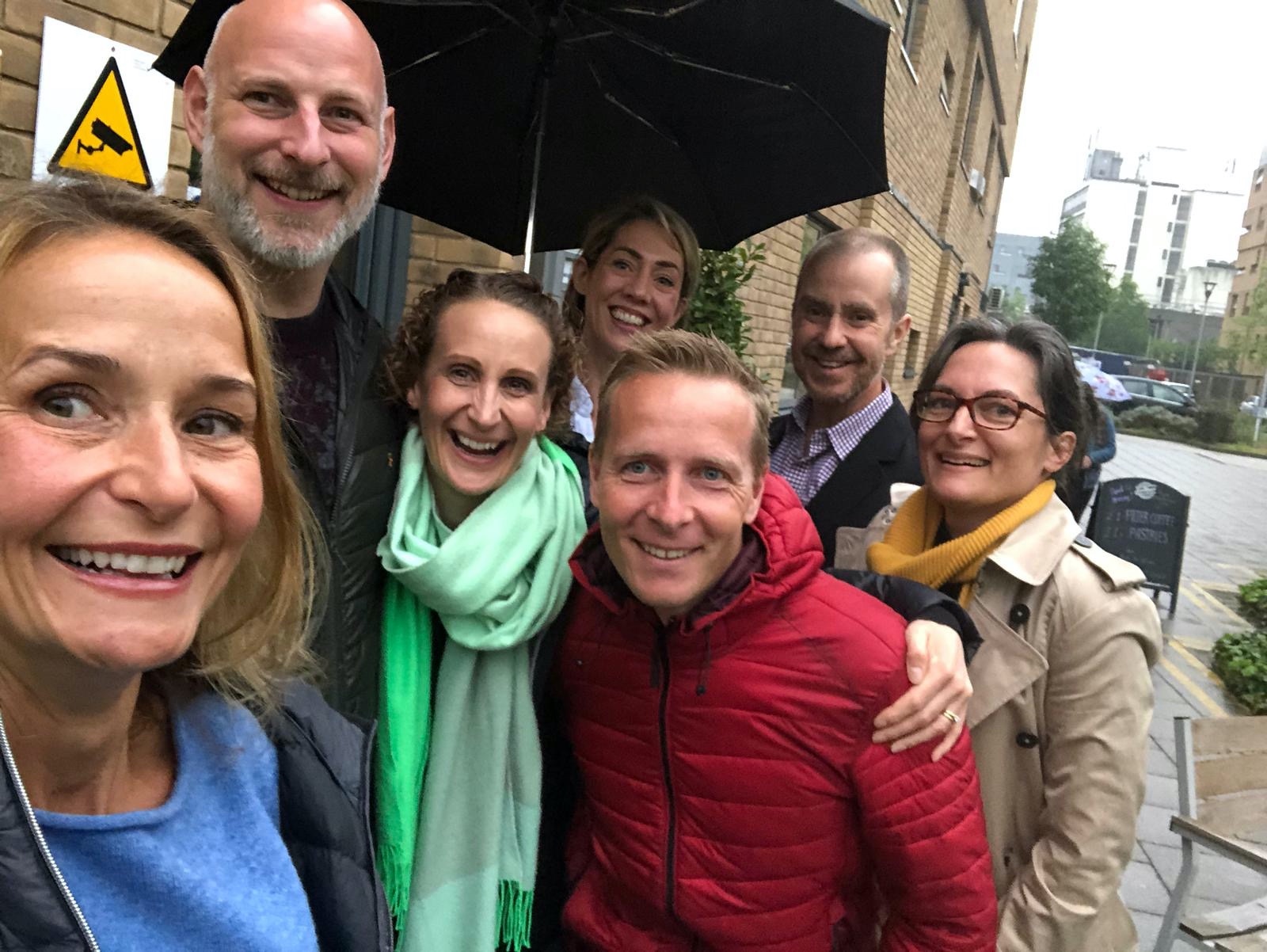Tim Beames

My biases
In short, I'm a bit of a pain geek. Many of my friends work in the pain field and as such I'm probably a bit biased to think that pain and it's impact is one of the most important topics around!
I've had a few journeys in my understanding.
- Beginning with an interest in the nervous system and how it reacts to injury - fostered by my own problems.
- Followed on by a fascination in the brain - helped by a need to grow my knowledge relating to Graded Motor Imagery.
- Then, for the last 10 years or so, I've been exploring embodied perspectives (probably first kindled by Louis Gifford's Mature Organism Model which I read as a student in 1998 and loved!).
Within these journeys I've been fortunate to be influenced by many brilliant educators, researchers, clinicians and patients that have necessitated exploratory detours into other areas like psychoneuroimmunology, predictive processing, mindfulness, consciousness, person-centred perspectives and more.
A professional identity
I've always found it a struggle describing who I am and what I do, partly because I didn't want to be defined or constrained by certain terms and the expectations that go with them. I studied physiotherapy and am proud to be a physiotherapist. The skills I have developed, the opportunities it has given me and the people I have met as a result have enriched my life.
In 2007, I was persuaded by David Butler to pursue a Masters in pain with Mick Thacker at Kings College London. This was a brilliant suggestion as I could immerse myself into the science, guided by a brilliant and phenomenally knowledgable educator, plus I met my wife who it turns out is also a bit of a pain geek!
I don't know what the right term is to describe what I do but I've been told it's OK to call myself a specialist and that my level of knowledge and clinical experience probably suggests being somewhere near an expert.


The real expert
How crazy to suggest that you are an expert in what someone else feels and experiences!
It turns out, not surprisingly, that the real expert in pain is the person experiencing their pain. I've been tremendously lucky, meeting some incredible people and being part of their journey towards recovery. Jane, Mary and more recently Frankie and Verene have helped shape me, my knowledge and my approach to the paining person.
I don't think there is one specific characteristic to someone who has the ability to recover but it is helped by being curious, open to change, a readiness to explore new challenges and having appropriate support.
Career highlights
Most important to me are the friendships that I've made over the years with colleagues and patients. A big part of the decision to set up Le Pub Scientifique was the chance to connect with others.
I feel incredibly privileged to have been asked to contribute to The Graded Motor Imagery Handbook, alongside David Butler and Lorimer Moseley. I also, loved the opportunity to given to me by Kevin Banks to write the Cervical Spine chapter in Maitland's Vertebral Manipulation book with my mentor Robbie Blake.
Predominantly through my work with Noigroup but also independently, I've travelled widely to teach. Over the last 16 plus years I've taught and presented to thousands of clinicians in over 30 countries. With the enforced shift in travel and presenting it's been fascinating to see how post-graduate education has been able to change for the better.


Looking to the future
I've always loved having a mix of work, being creative and working with some of the brightest minds and original thinkers imaginable. Over the last 2 years my clinical practice has evolved more than in the previous 10. I'm excited to bring this mix of creativity, entrepreneurship, a thirst for change and evolution to small mentorship groups with the start of 'Tim's School of Pain'.
